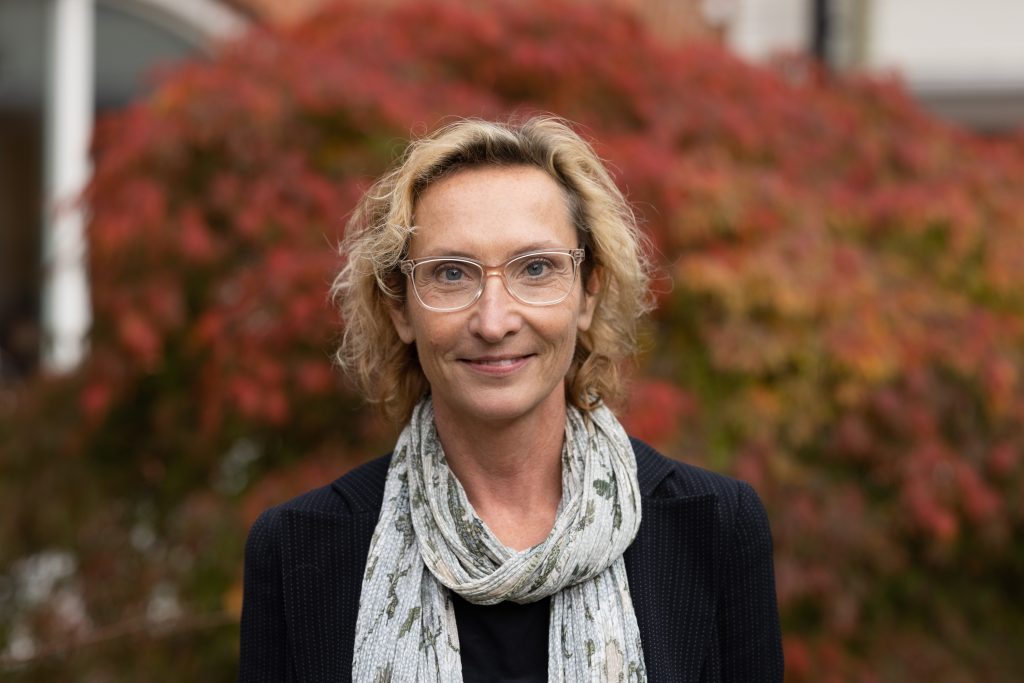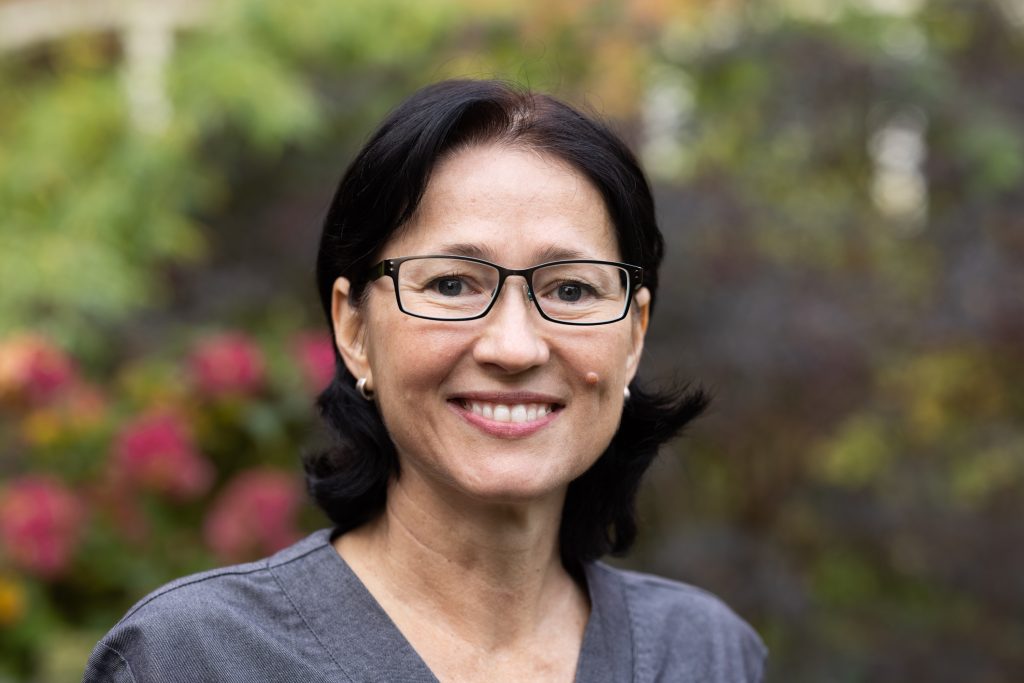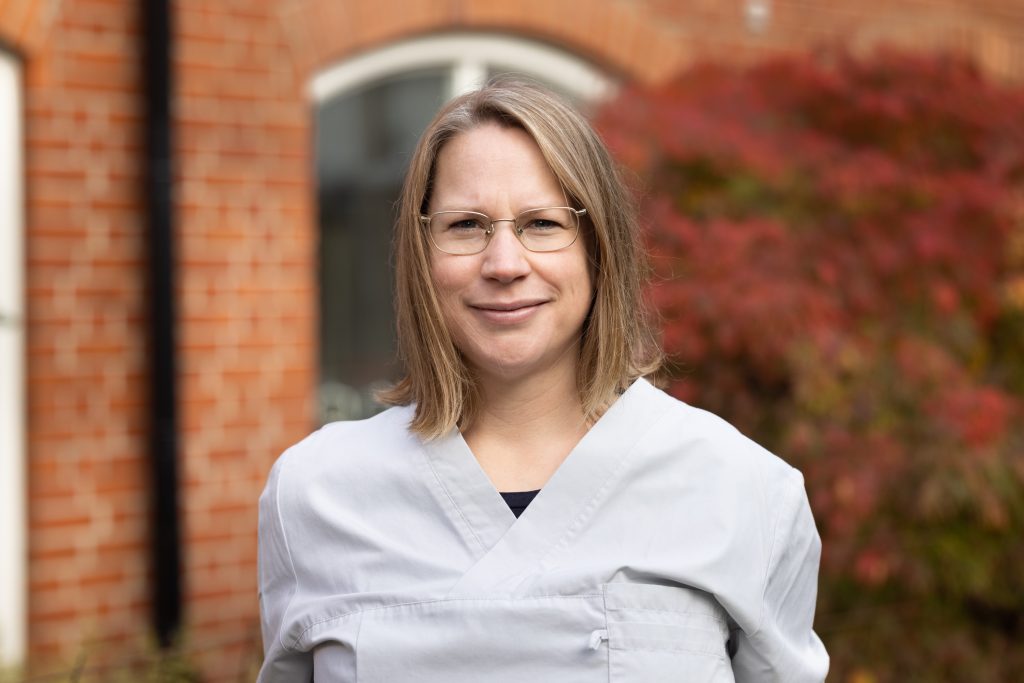The research unit at Remeo focuses on improving the care for patients with chronic or persistent critical illness.
These patients need intensive care treatment for long periods of time and may suffer from a wide array of diseases, requiring individualized, multidisciplinary care and rehabilitation during their recovery period. Our research goal is to improve the understanding of chronic/persistent critical illness with the aim to support recovery in the best possible way.
Eva Sundman, at Remeo and Karolinska Institutet, Stockholm, is head of the unit and may be contacted at eva.sundman@remeo.se.
Follow us on Twitter @RemeoResearch.

Eva Sundman
Eva Sundman, MD, PhD, is a senior consultant in anesthesiology and intensive care medicine, and has been working at Remeo since 2015. Since 2017 Eva is Remeo’s Head of Medical and Scientific Director, leading the Remeo Research Group and also responsible for education programs and medical development at the clinic. She is affiliated with Karolinska Institutet since 1997, currently at The Department of Medicine Solna.

Liza Bergström
Liza, a Speech-Language Pathologist (SLP) from Australia (graduated 1998), has worked with ventilated and tracheostomized patients since 2005 across the continuum from intensive care to rehabilitation. Liza completed her PhD and joined the Remeo team in 2017. Liza is currently leading research in the area of swallow dysfunction and is an affiliate researcher at Karolinska Institutet.

Jenny Petersson
Jenny is a licensed physiotherapist working at Remeo since 2017. In June 2021, she was registered as a PhD-student at The Department of Medicine Solna, Karolinska Institutet. Jenny´s project is titled “Recovery and rehabilitation in chronic critical illness”. Her main supervisor is Eva Sundman.
Ongoing studies
Recovery and rehabilitation in chronic critical illness
PhD-student Jenny Petersson: Five to ten percent of patients in need of intensive care will suffer from chronic critical illness. The slow recovery experienced by these patients leads to long stays in the intensive care unit (ICU) and it is estimated that 30-50% of beds and resources are used for this patient group. Though outcomes have frequently been reported to be poor, specialized centers in several countries, for example weaning units, have recently presented better results. Click here for further details
Swallowing Dysfunction after Intensive Care
Swallowing difficulties (also termed ‘dysphagia’) can be a significant and negative side-effect for people who have been in intensive care for a prolonged time (i.e., more 7-10 days) [1, 2]. These patients often have a range of ongoing medical, physical, cognitive and psychological difficulties (persistent/chronic critical illness) and require specialized multidisciplinary rehabilitation, where dysphagia treatment is considered an essential aspect [1-3]. Click here for further details
Outcome of patients treated at a specialized multidisciplinary rehabilitation clinic following prolonged intensive care
This study is based on data from the Remeo quality registry and includes patients treated at Remeo 2015-2018. Success rates of weaning from mechanical ventilation and tracheostomy will be analyzed as well as discharge destinations, two-year survival rates after discharge, and more.
Specialized care and patient related outcome measures in persistent critical illness
This is a prospective study with ongoing patient inclusion. We aim to document patient and treatment characteristics as well as outcomes from the multidisciplinary rehabilitation using validated instruments for physical testing and patient reported outcome measures.
Prevalence and characteristics of dysphagia following prolonged intensive care and rehabilitation at Remeo
This study aims to describe and characterise dysphagia in patients who have experienced a prolonged period of intensive care using retrospective swallowing assessment data from patients routinely treated for dysphagia at Remeo.
Dysphagia scales: translation and evaluation of validity and reliability
Dysphagia scales commonly used internationally (valid and reliable in the English language) are translated into Swedish and validated for clinical and scientific use in Swedish healthcare and research.
Recent publications
High-flow via a tracheostomy tube and speaking valve during weaning from mechanical ventilation and tracheostomy
Peter H. Egbers, Anna-Liisa Sutt, Jenny E. Petersson, Liza Bergström, Eva Sundman
Neurostimulation in People with Oropharyngeal Dysphagia:
A Systematic Review and Meta-Analyses of Randomised
Controlled Trials—Part I: Pharyngeal and Neuromuscular Electrical Stimulation
Renée Speyer, Anna-Liisa Sutt, Liza Bergström, Shaheen Hamdy, Bas Joris Heijnen, Lianne Remijn, Sarah Wilkes-Gillan and Reinie Cordier
Neurostimulation in People with Oropharyngeal Dysphagia:
A Systematic Review and Meta-Analysis of Randomised
Controlled Trials—Part II: Brain Neurostimulation
Renée Speyer, Anna-Liisa Sutt, Liza Bergström, Shaheen Hamdy, Timothy Pommée, Mathieu Balaguer, Anett Kaale and Reinie Cordier
Behavioural Interventions in People with Oropharyngeal Dysphagia: A Systematic Review and Meta-Analysis of Randomised Clinical Trials
Renée Speyer, Reinie Cordier, Anna-Liisa Sutt, Lianne Remijn, Bas Joris Heijnen, Mathieu Balaguer, Timothy Pommée, Michelle McInerney and Liza Bergström
Goda resultat för specialiserad rehab efter lång Iva-tid
Hans Blomqvist
Outcomes of prolonged intensive care and rehabilitation at a specialized multidisciplinary center in Sweden
Mathias Löfroth, Jenny E. Petersson, Johan Uusijärvi, Anna I. Cedborg and Eva Sundman
Dysphagia management: Does structured training improve the validity and reliability of cervical auscultation?
Liza Bergström and Julie AY Cichero
Tracheostomy management by speech-language pathologists in Sweden
Sara Wiberg, Susanna Whitling & Liza Bergström
A Consensus Statement for the Management and Rehabilitation of Communication and Swallowing Function in the ICU: A Global Response to COVID-19
Amy Freeman-Sanderson, PhD, Elizabeth C. Ward, PhD, Anna Miles, PhD, Irene de Pedro Netto, PhD, Sallyanne Duncan, MSc, Yoko Inamoto, PhD, Jackie McRae, PhD, Natasha Pillay, MS, Stacey A. Skoretz, PhD, Margaret Walshe, PhD, Martin B. Brodsky, PhD, ScM, on behalf of the COVID-19 SLP Global Group
Prolonged elevation of plasma HMGB1 is associated with cognitive impairment in intensive care unit survivors
Emily Brück, Julie Lasselin, The HICUS study group, Ulf Andersson, Peter V. Sackey and Peder S. Olofsson.
Lack of clinically relevant correlation between subjective and objective cognitive function in ICU survivors: a prospective 12-month follow-up study
Emily Brück, Jacob W. Larsson, Julie Lasselin, Matteo Bottai, Tatja Hirvikoski, Eva Sundman, Michael Eberhardson, Peter Sackey and Peder S. Olofsson.
Specialized treatment of patients with persistent critical illness
Outcome of patients treated at the REMEO clinic 2015 – 2018 Author: Mathias Löfroth, medical student Karolinska Institutet Supervisor: Eva Sundman Remeo and Karolinska Institutet
Patient related outcome measures after specialized treatment of persistent critical illness – A pilot study on feasibility
Author: Sofia Bråse, medical student Uppsala University Supervisor: Eva Sundman Remeo and Karolinska Institutet